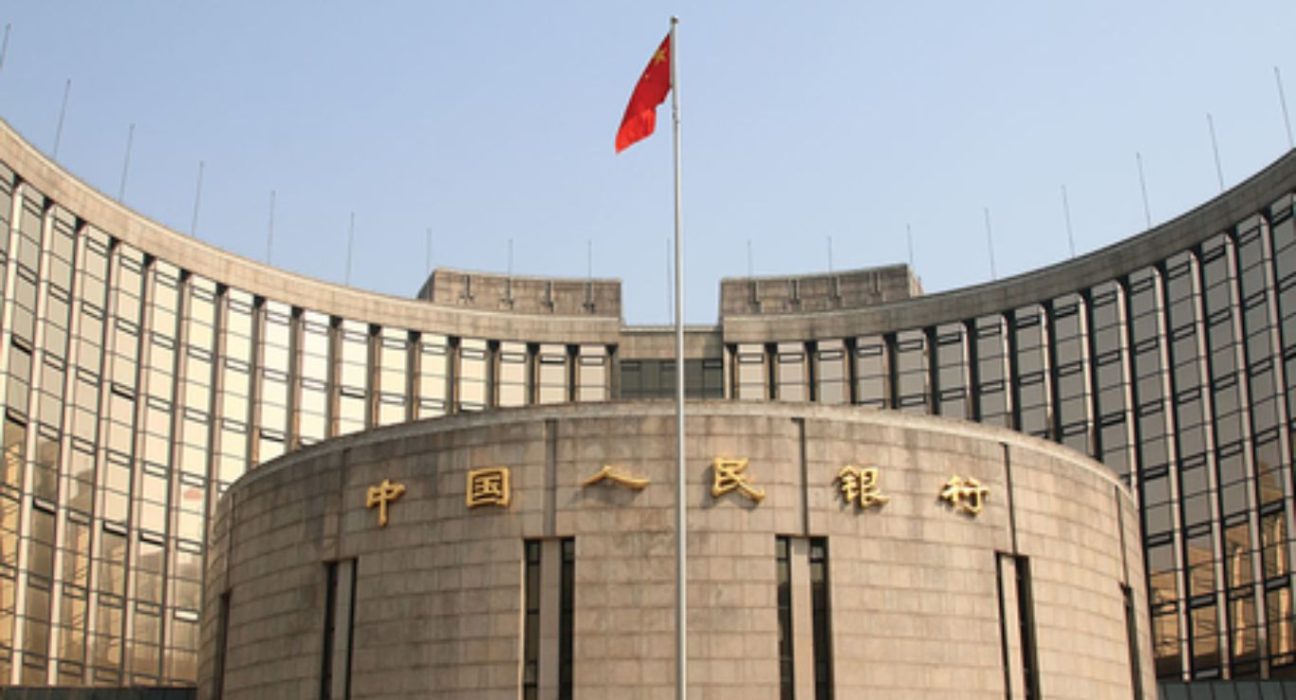Amidst mounting concerns about the stability of the Chinese real estate market, reports have emerged indicating that certain city governments in China have taken steps to make it more difficult for property developers to access significant sums of money held in escrow accounts. This move comes as a response to the growing number of unfinished projects at the city level, reflecting the broader uncertainties surrounding the sector’s future.
Focusing on Project Completion Amidst Sliding Home Sales
The primary objective behind these measures is to encourage the completion of numerous unfinished projects, particularly at the city level. With home sales on a downward trajectory, the authorities are keen to ensure that property developers fulfill their commitments and complete the construction of ongoing projects. This strategy aligns with the local governments’ efforts to stabilize the real estate sector, which has been grappling with a prolonged liquidity crisis and a significant drop in demand.
Contradictions with Central Government Plans
Interestingly, the recent actions taken by some city governments appear to stand in contrast to the plans of the central Chinese government. The national authorities have repeatedly emphasized their commitment to supporting and stabilizing the real estate sector, given its importance to the broader economy. The central government’s approach has been geared towards addressing the liquidity challenges faced by developers and boosting overall demand. However, the local-level interventions highlight the nuanced dynamics between national and local interests.
Balancing Stability and Local Project Priorities
The divergent strategies adopted by city-level governments reflect the complex balance they must strike between stabilizing the real estate market and prioritizing local projects. While the central government’s measures are aimed at ensuring liquidity and overall market health, local officials are focusing on tangible outcomes within their own jurisdictions. This tension underscores the challenges of implementing unified policies in a vast and diverse country like China.
Financial Squeeze on Cash-Strapped Developers
As the cities tighten their control over access to escrow accounts, there are concerns about the potential financial squeeze on property developers. With limited access to funds from property sales, developers could face heightened financial pressure, making it even more challenging for them to navigate the uncertainties of the current market. The situation could potentially lead to a slowdown in project development, exacerbating the existing issues facing the sector.
Navigating Uncertain Times
The timing of these developments is particularly critical, given the backdrop of sliding home sales and an uncertain future for the real estate sector. Developers are not only contending with the immediate financial hurdles posed by restricted access to escrow funds but are also grappling with broader market challenges. The interplay between city-level measures and central government policies adds another layer of complexity to an already intricate situation.
Implications for the Future
The contrasting approaches between local and national authorities shed light on the multifaceted nature of the challenges confronting the Chinese property market. Finding a harmonious solution that addresses both immediate concerns and long-term sectoral stability remains a formidable task. Striking the right balance between localized project needs and broader market health will be pivotal in determining the trajectory of China’s real estate landscape.
Conclusion
As the Chinese real estate sector navigates through uncertain waters, the recent actions taken by certain city governments to tighten controls on property developers’ access to escrow accounts underscore the intricate dynamics at play. While these measures are geared towards ensuring project completion at the city level, they also highlight the complexities of aligning local priorities with broader national strategies. As developers grapple with financial challenges, the sector’s future hinges on finding a cohesive approach that addresses both immediate concerns and long-term stability.










